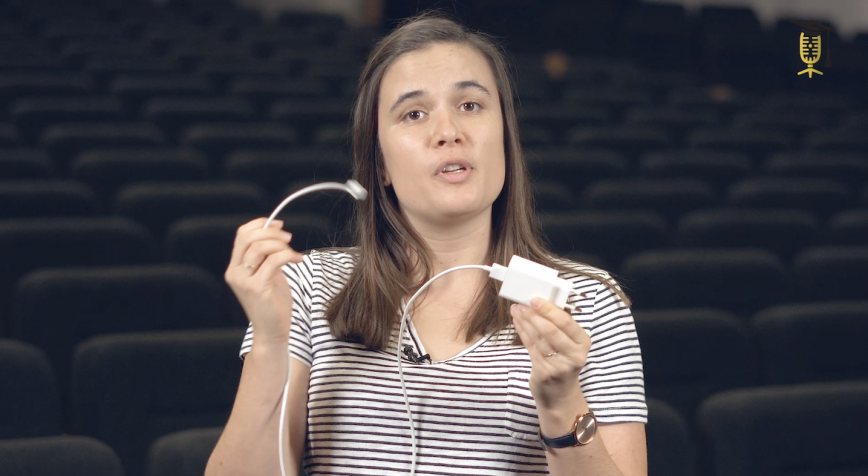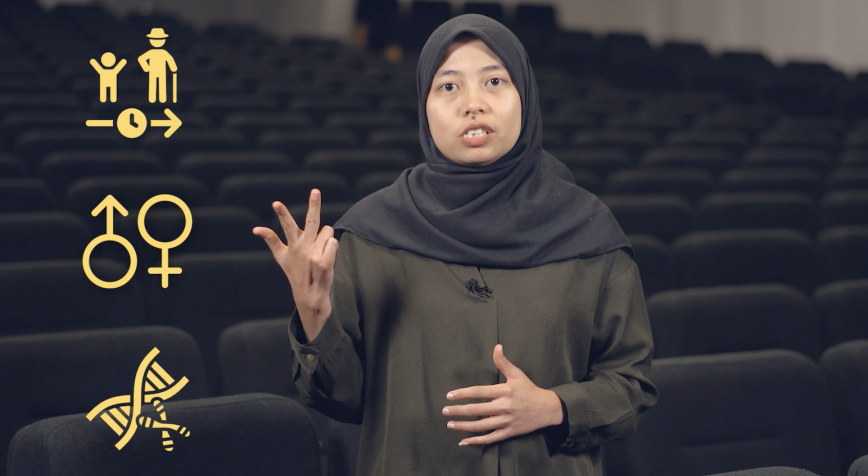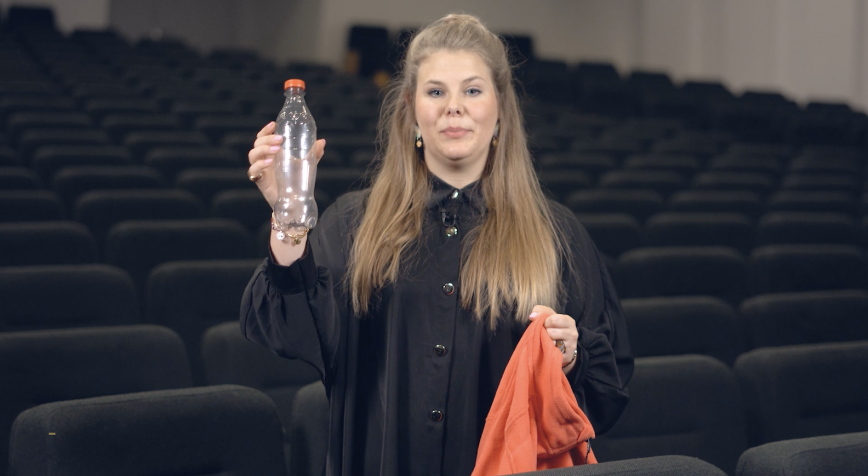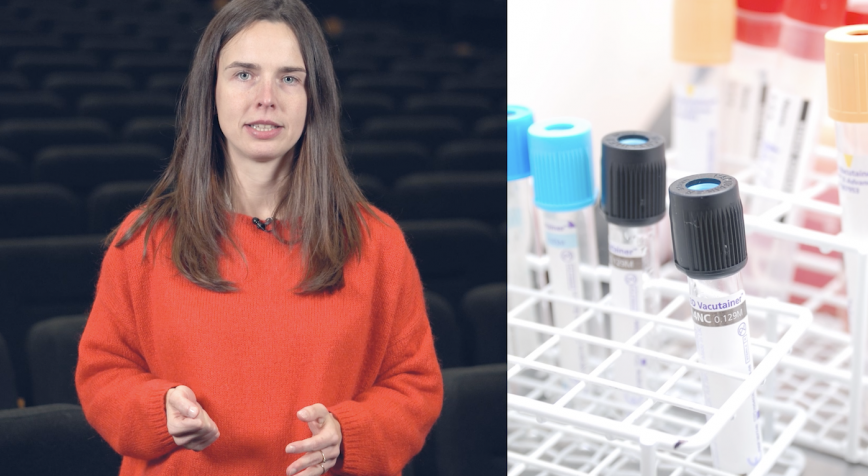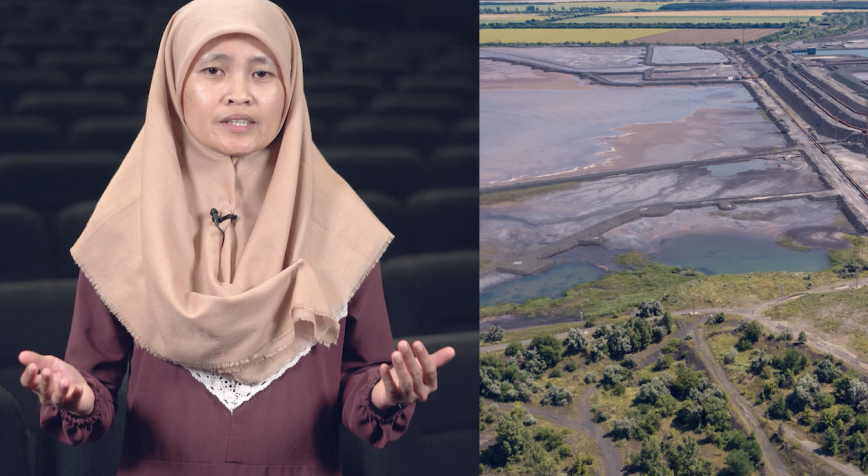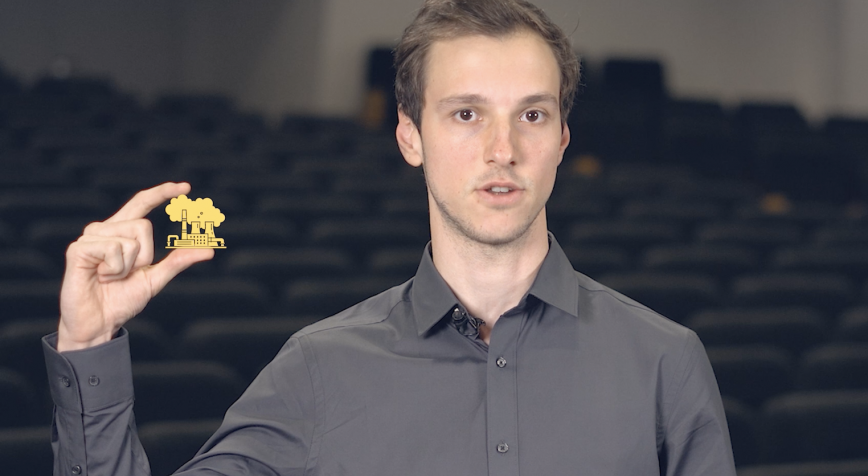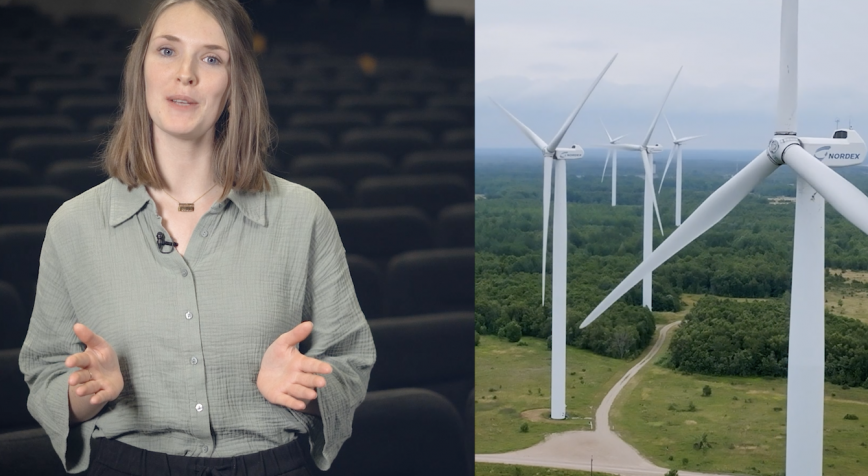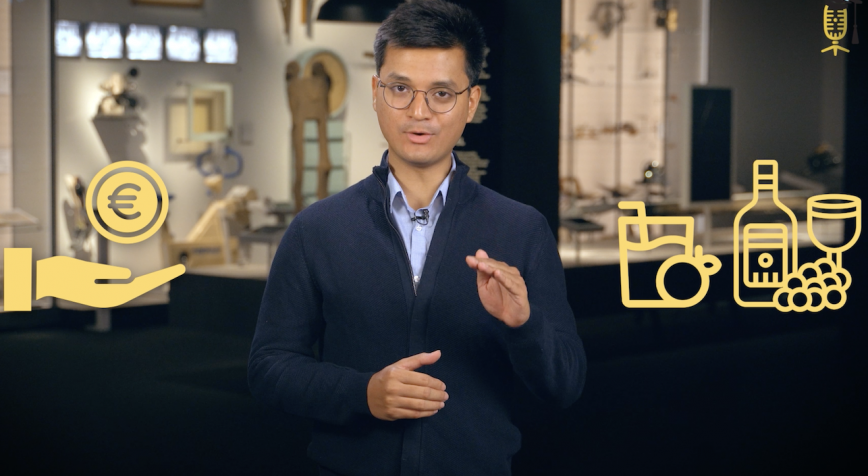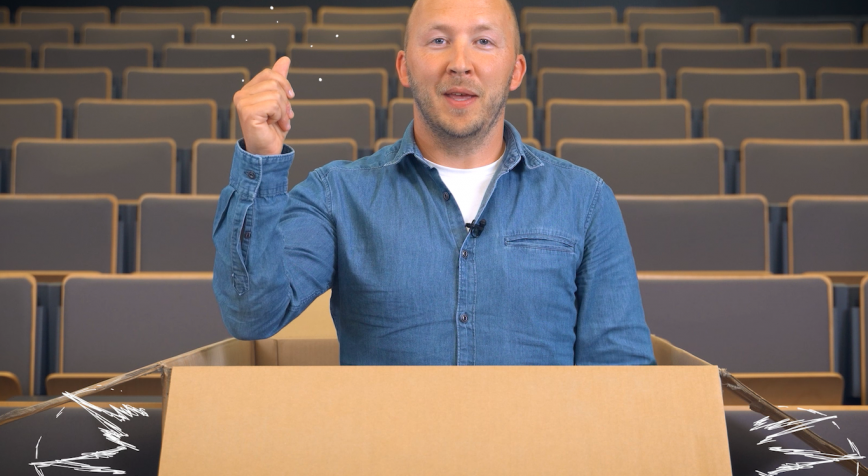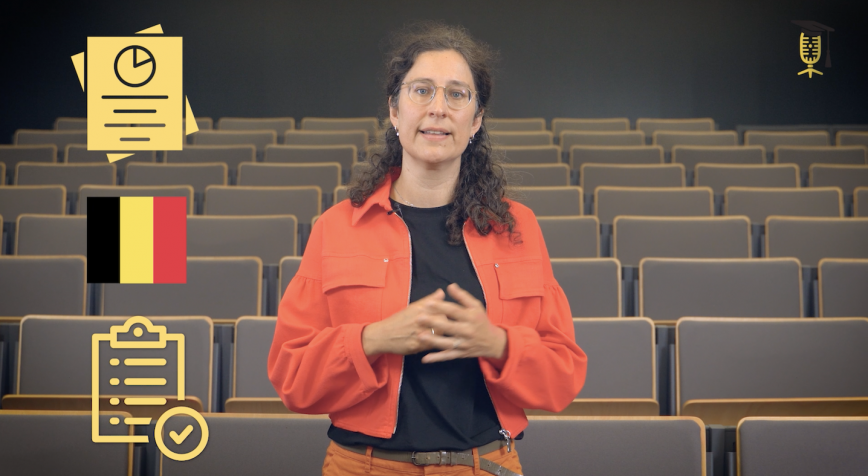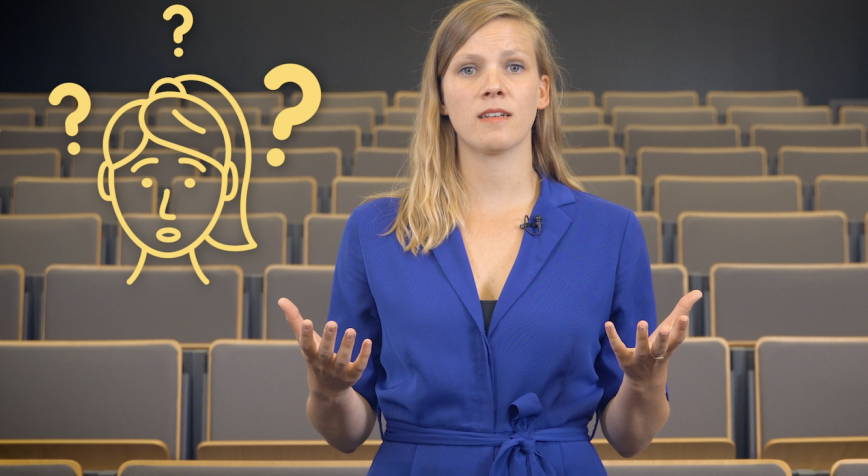
Arteveldehogeschool
How do you deal with problem behaviour at school?
Students constantly talking in class, making crazy noises or just walking around... Recognise this? As a teacher, it is often difficult to deal with problem behaviour in pupils. To support teachers in this, Julie D'haeyer and her colleagues developed 'Leerkracht Veerkracht' (Teacher Resilience). A programme that allows you, together with your school team, to look for a solution that works for your school.

